Best and Worst Foods for Heart Failure

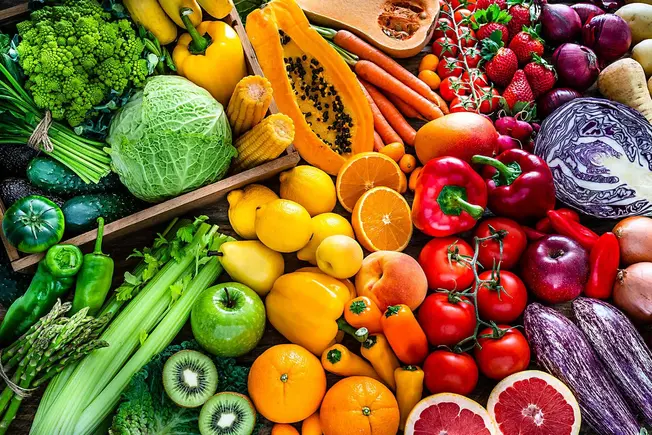
Best: Colorful Fruits and Veggies
Fresh produce is the backbone of a heart-healthy diet. Fruits and vegetables are high in nutrients and low in calories and salt. The more colorful your plate, the better. Berries are packed with fiber and plant nutrients. Green veggies like kale, broccoli, and spinach are good sources of vitamins C, E, and folate. With orange fruits and veggies like carrots, sweet potatoes, and cantaloupe, you’ll get your fill of beta-carotene and fiber.
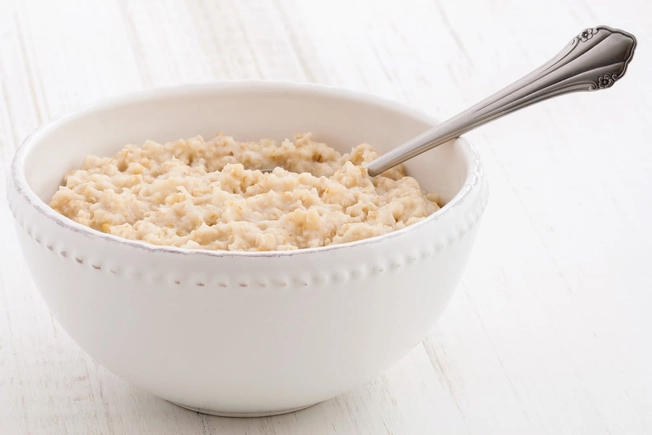
Best: Whole Grains
These are heart-friendly for several reasons. They're full of fiber, which lowers levels of artery-clogging cholesterol. Fiber also digests slowly, so it keeps you full for longer and could help curb your appetite. Whole grains are a good source of B vitamins that help your heart deliver oxygen to your body. Oatmeal, whole wheat, popcorn, and brown rice are all whole grains. If you're not sure, look for the words "whole grain" first on the ingredient list.
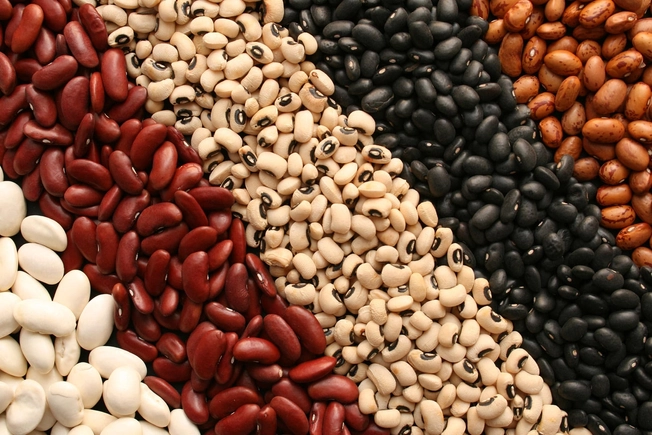
Best: Beans
They really are good for your heart. Whether you prefer the kidney, lima, or pinto variety, they make a hearty and filling addition to meals. These colorful legumes will give you your daily protein without the calories and fat of meat. As part of a heart-healthy diet, they can help improve your cholesterol levels. If you buy canned beans for convenience, choose salt-free or rinse them first to cut the extra sodium.
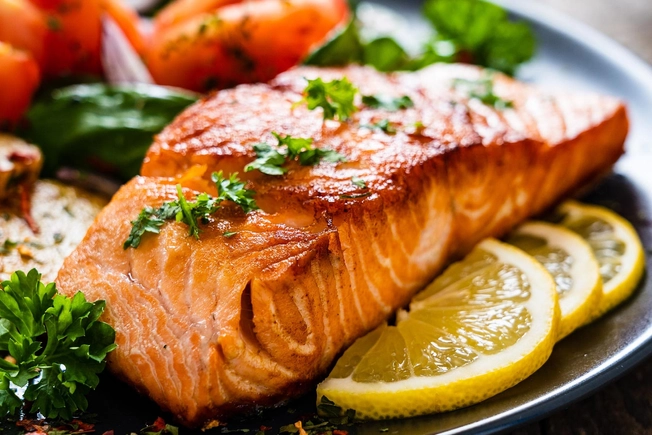
Best: Omega-3-Rich Fish
This is another good alternative to meat. Omega-3 fatty acids are unsaturated fats that bring down artery-damaging inflammation. Two servings of fish a week might also slightly lower blood pressure and reduce the risk of death from heart disease and cardiac arrest. Choose fish that are high in omega-3s but low in mercury, such as salmon, sardines, pollock, and albacore tuna.
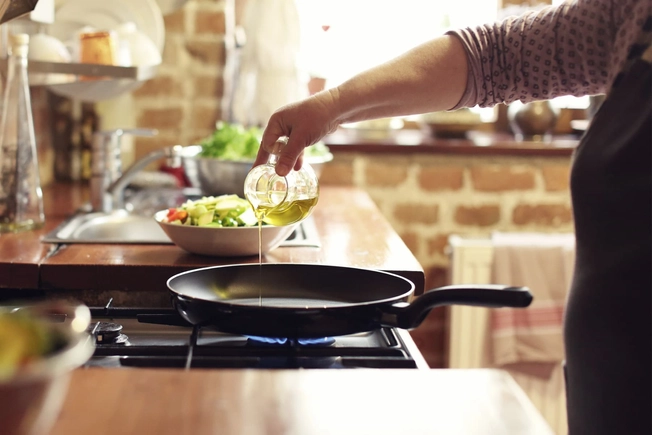
Best: Healthy Oils
Just as important as the foods you cook is what you cook them in. Use vegetable oils instead of solid fats like butter, margarine, shortening, or lard. Canola, olive, safflower, corn, and soybean oils have healthy monounsaturated fatty acids. Choose the one that tastes best to you. Use these oils to sauté, bake, or stir fry, but never to deep fry, which adds calories and fat.
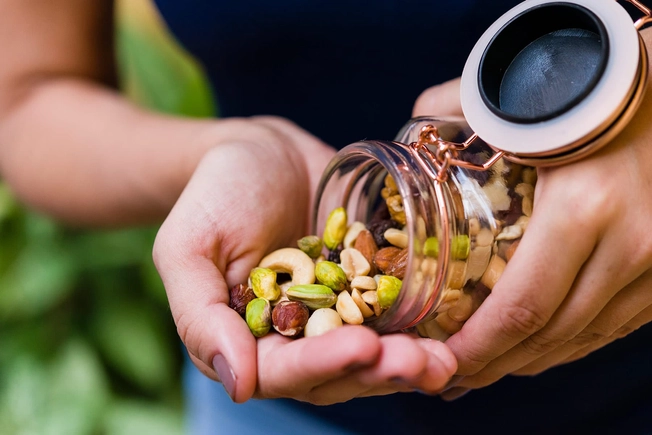
Best: Nuts
They’re a filling snack and a good source of healthy fat, protein, and nutrients. Add them to your diet to help lower LDL or "bad" cholesterol. Nuts also reduce inflammation in your body. If you eat them a few times a week, they might lower your risk of a heart attack or of dying from heart disease. Just watch your portion sizes. Nuts are high in calories, so a few handfuls can add up fast.
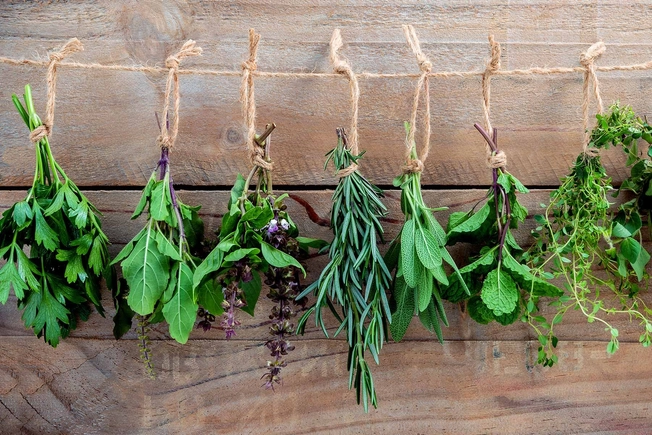
Best: Herb Blends
Excess salt raises blood pressure, which makes your heart work harder. But cutting salt doesn't mean you have to sacrifice flavor. Replace salt in your cooking with herbs and spices such as curry, garlic, ginger, lemon, pepper, parsley, oregano, and thyme. Use fresh herbs when possible. You can also buy pre-mixed spices at the supermarket, but watch the sodium. Many seasoning blends contain added salt.
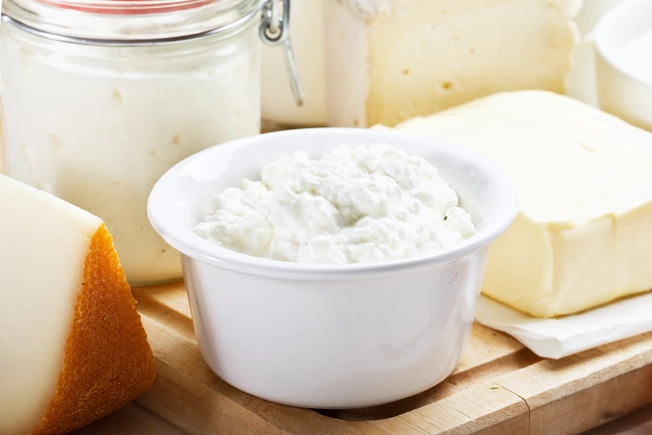
Worst: Cheese, Butter, and Cream
Dairy products such as milk and yogurt are a good addition to your diet. They supply protein, plus bone-building calcium and vitamin D. But the type of dairy you choose matters. Whole milk, ice cream, butter, and cream are high in saturated fat, which raises levels of harmful LDL cholesterol. Stick to low-fat dairy. Buy plain yogurt without added sugar. And limit yourself to a small piece of cheese daily.
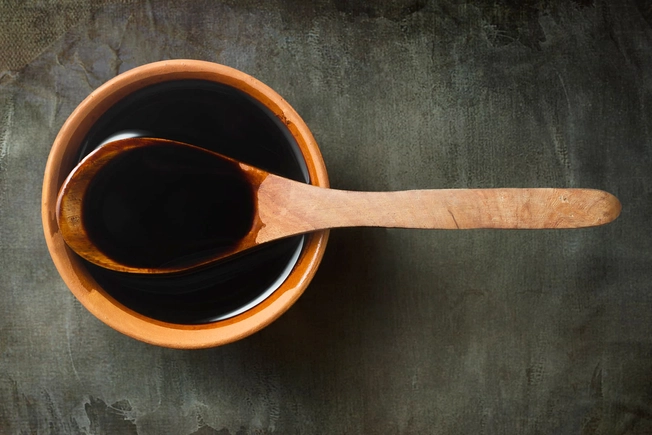
Worst: Salty Condiments and Sauces
Store-bought condiments and sauces often contain lots of salt. Some of the worst offenders are soy sauce, salad dressing, and hot sauce. Check the salt content on the label before you buy. Look for low-sodium alternatives. Better yet, make your own salad toppings and sauces with salt-free flavorings such as lemon, olive oil, and vinegar. Use orange or pineapple juice as a marinade for poultry and fish.
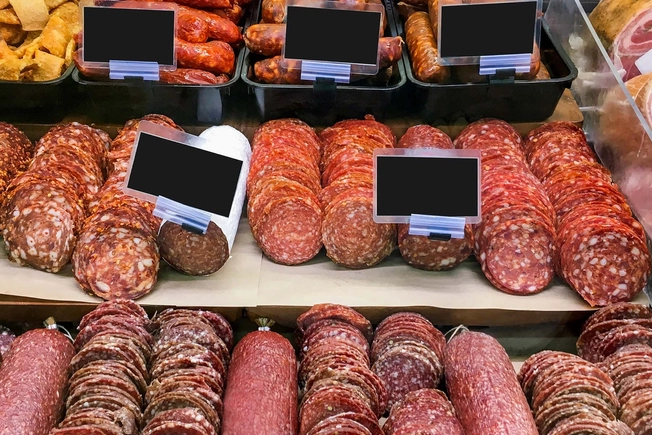
Worst: Processed and Smoked Meats
Bacon, sausage, and hot dogs, with their high fat and cholesterol content, don't do your heart any favors. These processed meats are smoked, salted, or infused with chemicals to preserve them. Both processed and fatty red meats like burgers are harmful to your heart. Fish, lean poultry, beans, and tofu are healthier sources of protein, and they also fit on a bun (whole grain, of course!).

Worst: Sweets
Sugary foods and drinks like cookies, cakes, candy, and soda contribute to obesity, which is harmful to your health. Sugar raises blood sugar and increases inflammation. That may be why people who overdo it on sweets face a greater risk of dying from heart disease. How much sugar is OK? The American Heart Association recommends that women get no more than 6 teaspoons and men no more than 9 teaspoons of added sugar a day.
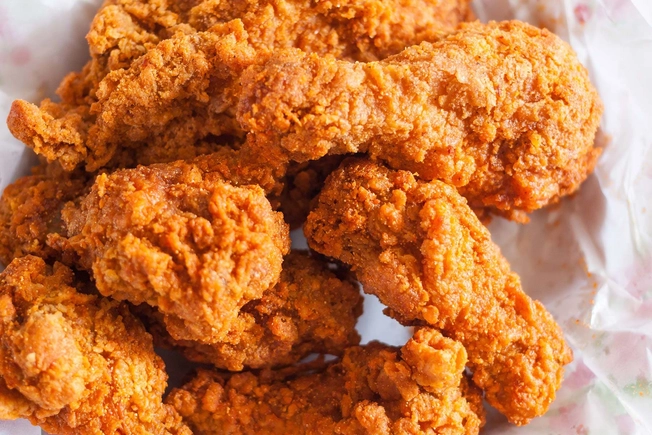
Worst: Fried Foods
As soon as you dip foods like potatoes or chicken into batter and fry them in oil, you add fat and cholesterol. Eating fried foods on a regular basis leads to weight gain, which can raise your blood pressure. Research finds that fried foods increase the risk for heart disease and heart failure. Bake, broil, roast, or stir-fry vegetables and lean proteins like chicken and fish for a heart-healthy but still tasty meal.

Worst: Alcohol
Alcohol contains empty calories that put on weight without adding any nutrition. Plus, alcohol doesn't mix well with some blood pressure drugs and other heart medicines.
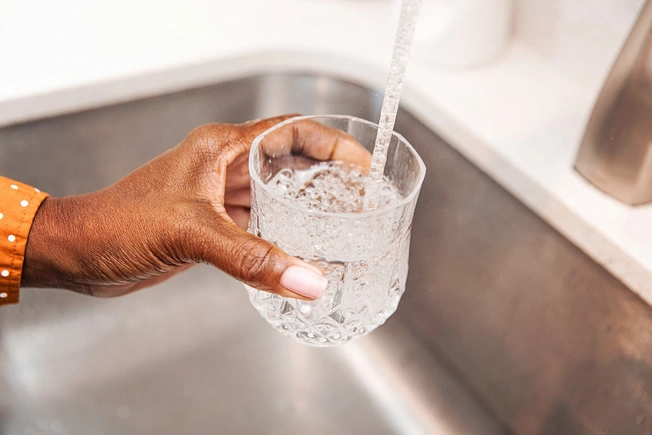
Worst: Excess Fluids
Heart failure prevents your heart from pumping blood as well as it should. As a result, fluid builds up in your body. If you drink too much water and other fluids, you may gain weight and have symptoms like swelling and shortness of breath. Ask your doctor how much liquid you should drink each day. Watch for foods that have a lot of liquid, such as soup, fruit, and ice pops. And keep track of how much you drink each day.